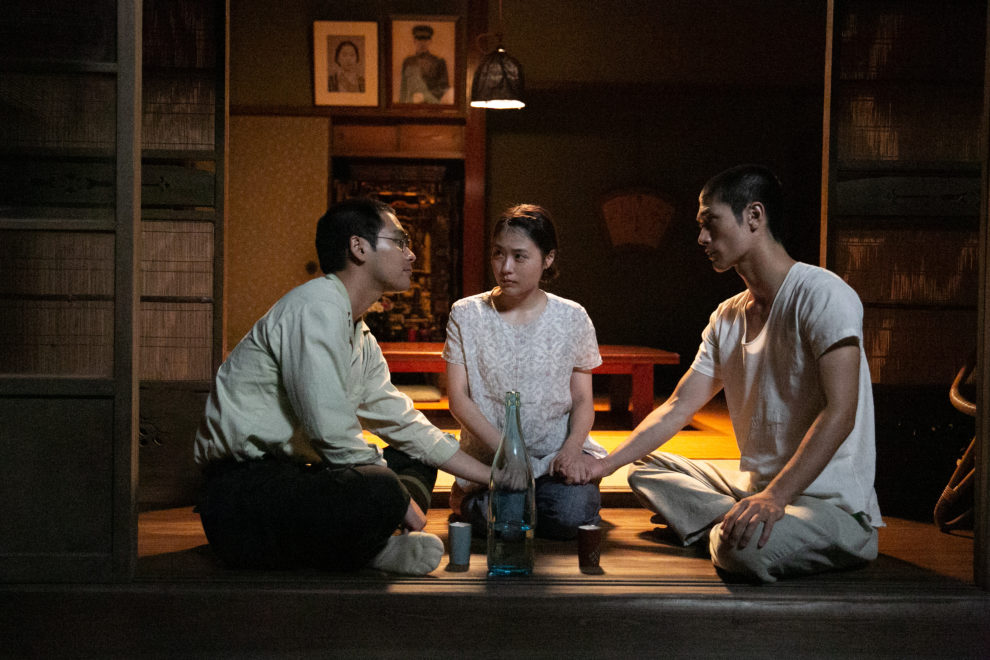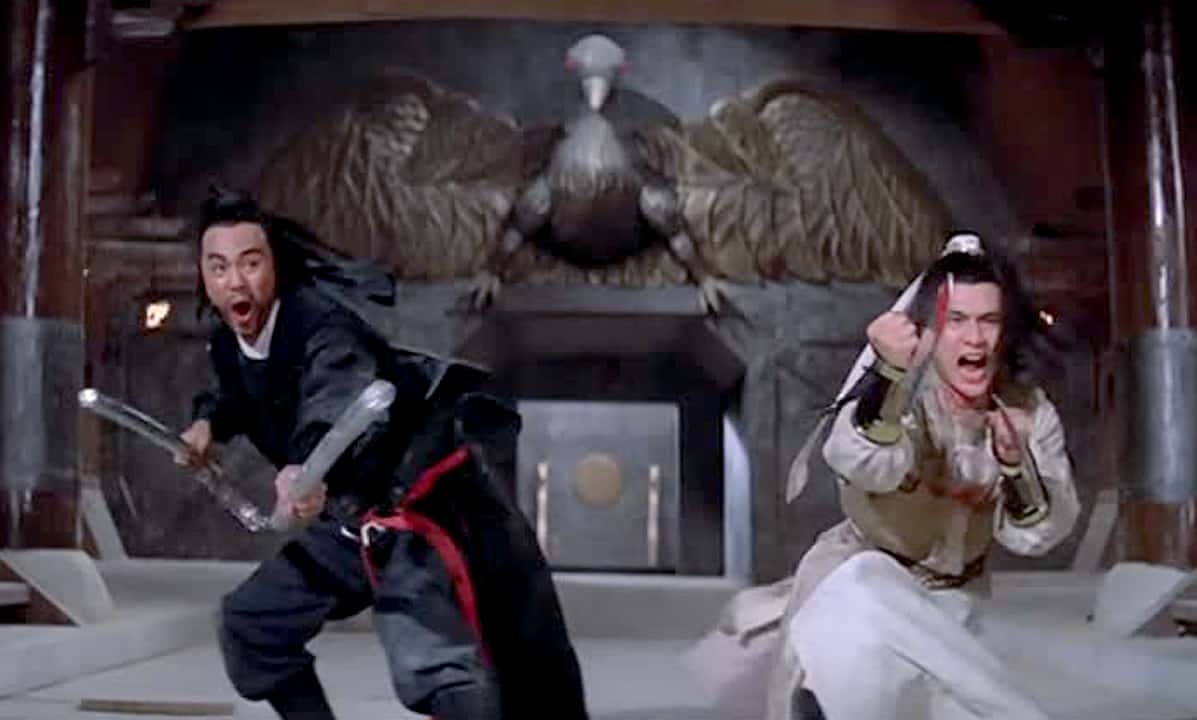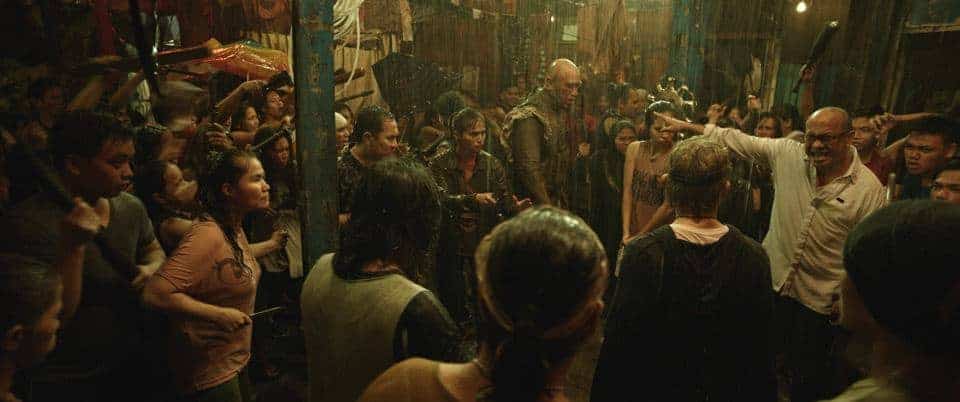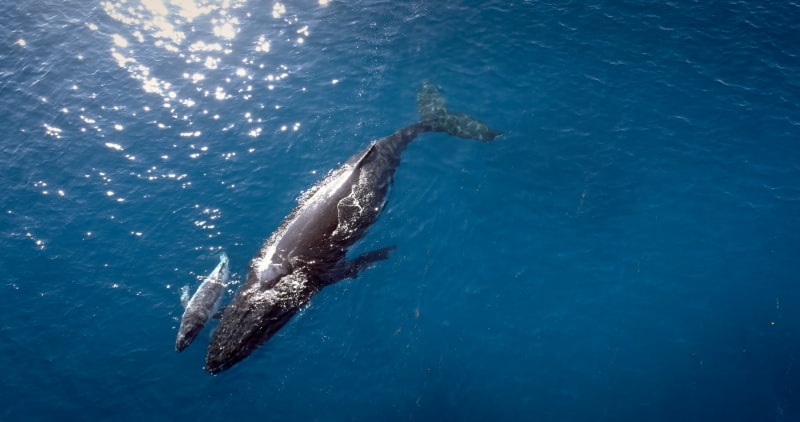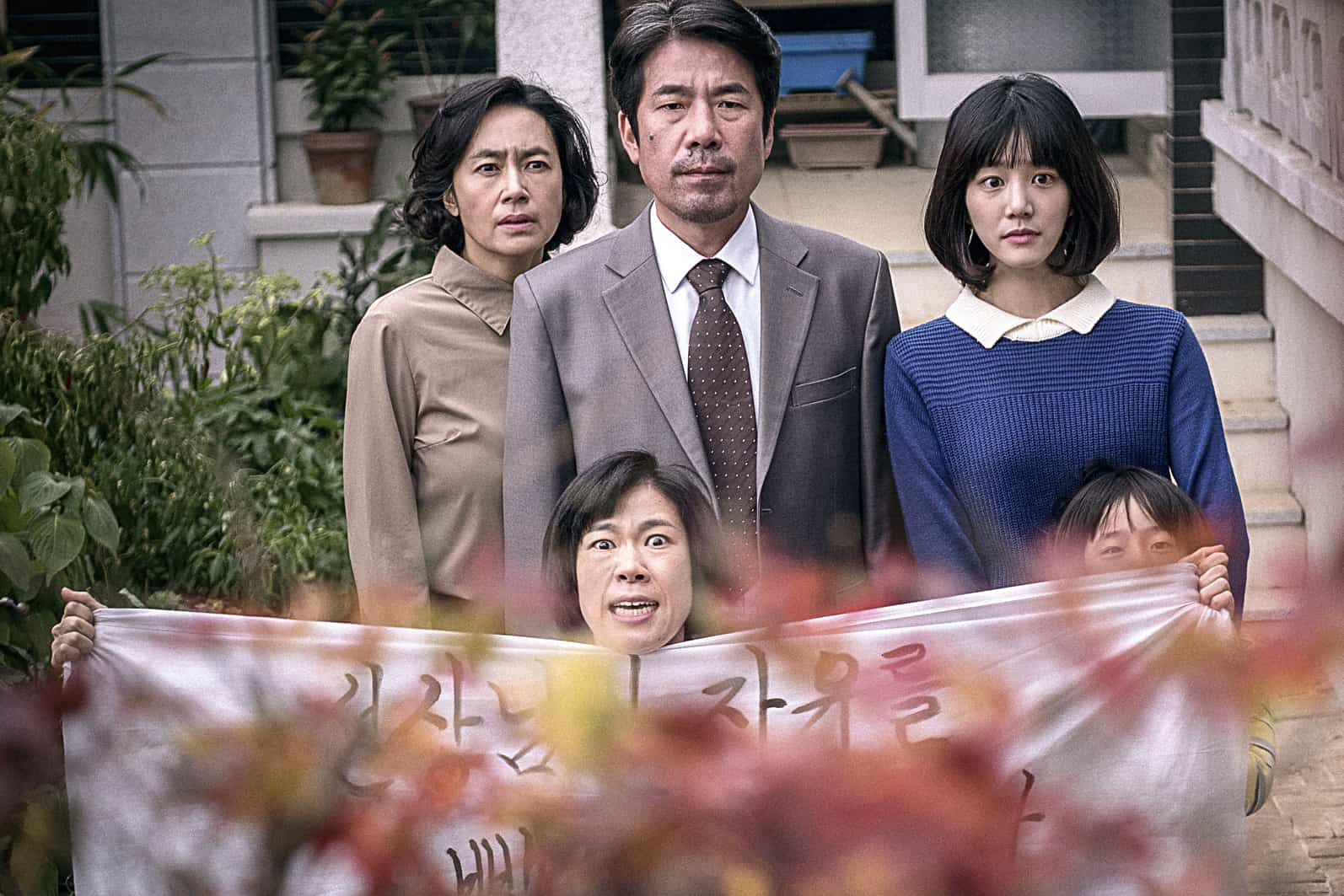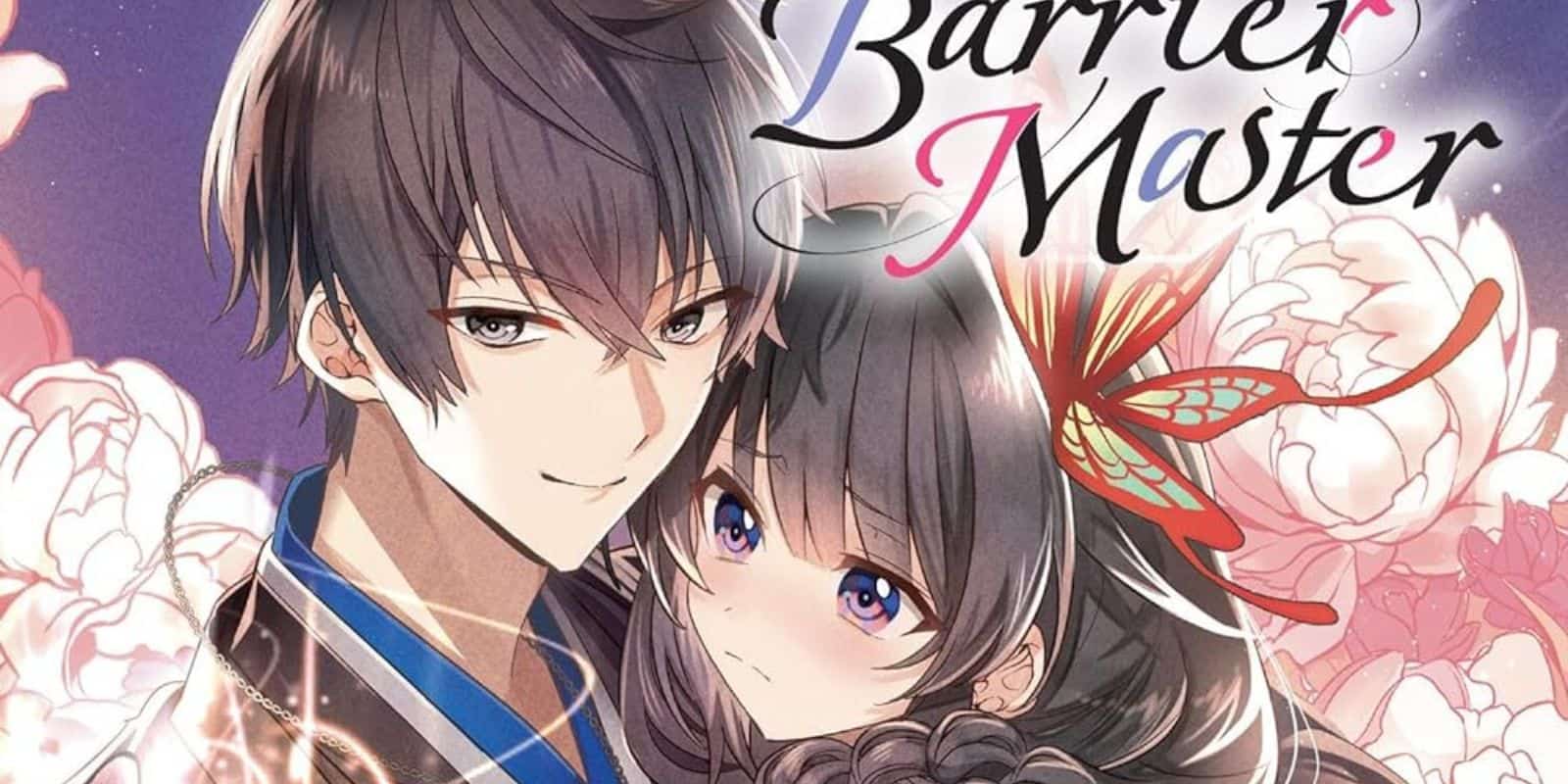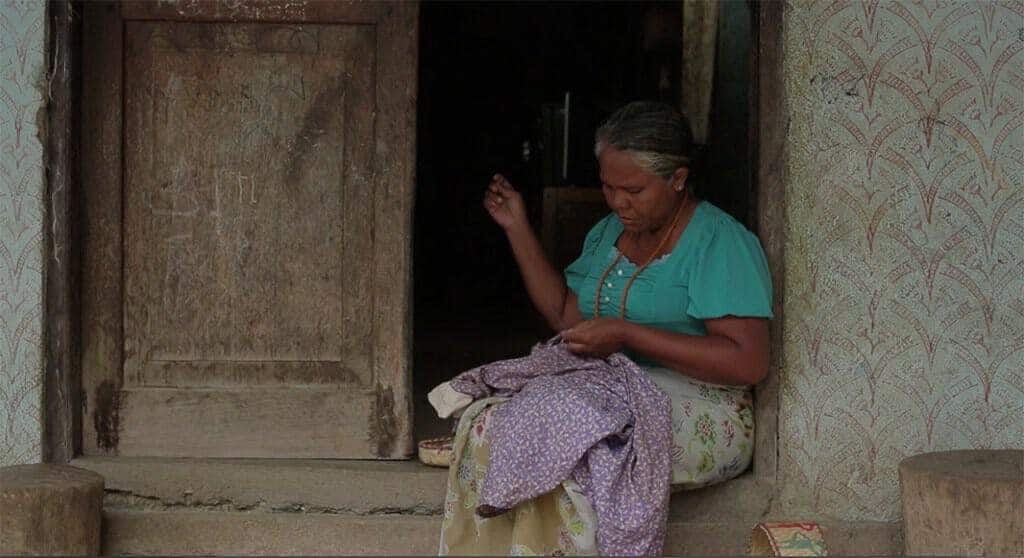Yuya Yagira– the youngest person ever to have won Cannes' coveted Best Actor Award — re-enacts yet another historic case in Hiroshi Kurosaki's latest feature, “Gift of Fire.” Yuya first skyrocketed to fame when he played the sweet, but rough-around-the-edges twelve-year-old in Hirokazu Kore-eda's “Nobody Knows” (2004). Now, seventeen years later, his performance has only matured. As the star of “Gift of Fire,” he pulls off a remarkably understated, but emotionally intense performance as Shun — making the film an engaging watch.
Gift of Fire is screening at Asian Pop-Up Cinema

This stunning period drama takes place in Kyoto in the last phase of World War II. Here, a ragtag team of fresh Kyoto University graduates team up with the military. Like their other male friends, brothers, and fathers fighting overseas, these boys want the war to end — though through science rather than combat. Their race to discover the atomic bomb is not without obstacles, however. The lab is low on resources and people; moreover, the question of ethics plagues their research. Shouldn't the boys join the frontlines instead? Is it right to work on a weapon of mass destruction? What if they cannot finish in time? How important is it for Japan to win the war, anyway? As the team reaches their wit's end, resident mad scientist Shun (Yuya Yagira) decides that, just maybe, the sheer act of discovery could make everything worth it.
Thematically, “Gift of Fire” touches upon rhetorical questions surprisingly resonant today. How should we, for example, think of Japanese nationalism today? To answer this, “Gift of Fire” digs underneath the characters' thin veneer of bravery and patriotism. Shun's childhood friend, Setsu (Kasumi Arimura) openly criticizes the government's propaganda efforts. This extreme nationalism, she claims, brainwashes the children — preventing them from pursuing their own dreams. Shun's brother, Hiroyuki (Haruma Miura), breaks down as well. As a soldier, he struggles to hold himself together in the pressure not to survive, but to die alongside everyone else. Skepticism and fear inspire small rebellions despite the all-consuming war effort. In this ways, Kurosaki seems to gently emphasize to viewers in post-Abe Japan that – perhaps – extreme nationalism is not all that it is played up to be.

In this vein, the question of death — of the individual's selfhood and of body — hangs heavy over the film as well. The self dies for society; the body, for the empire. Using this as a crux, “Gift of Fire” does a wonderful job of portraying the gravitas of loss during wartime without displaying a dead body on-screen. Characters simply transmute into incense sticks and shrines. Their mourners grieve through restrained one-liners. The people lost to air raids are just another number to the list of inevitable casualties. This affords each body a sense of distance: even the camera cannot capture the totality of Japan's inward destruction.
Amidst all of this, Yagira Yuya does a remarkably good job of throwing his character in the world. He serves as a conductor for the viewer, if you will, in this topsy-turvy world where individual emotions are discouraged for the sake of the state. He, too, starts with a relentless indifference. His nervous twitches and stutter only disappear in the face of his true passion, science. Like everyone else though, his patience visibly wears thin. Yuya skillfully navigates Shun's changing emotions as he hears more about the world beyond his lab, transitioning well into his final outburst.
In addition, the film is beautifully shot. NHK threw quite a sum into production, shooting the feature completely in 8k digital. Kurosaki as such seems to relish in the detail. Relying on an abundance of long shots, still takes, and natural lighting, he turns Kyoto into a pocket of peace. Shun's world does not just consist of bleak sirens, rations, and bunkers. Instead, it is well-balanced with the natural beauty that the area offers — shots of an undisturbed Japan that the viewer would better recognize today.
The film is not perfect, however. As with many historical dramas, the sets are almost too clean. They're completely spotless despite the countless air raids and teardowns. Hence, when the film does preside over a view of Hiroshima, the scene looks almost fake (if not digitally created!) in comparison, due to the sheer contrast. Moreover, Peter Stormare's American voiceover admittedly feels too cheesy for this chaotic dimension. There's something about the overdramatized tone that simply doesn't fit into this society where all emotions are actively repressed for sanity's sake.
But for a historical drama about World War II, this film remains engaging from beginning to end. It inspires a complexity of feelings, and deliberately writes in equally multilayered perspectives. The spark of inspiration remains strong all throughout, however — and til the end, “Gift of Fire” doesn't fizzle out.
“Gift of Fire” played in Asian Pop Up Cinema and will reach US theaters in November 2021. Distribution is managed by Eleven Arts, USA.


